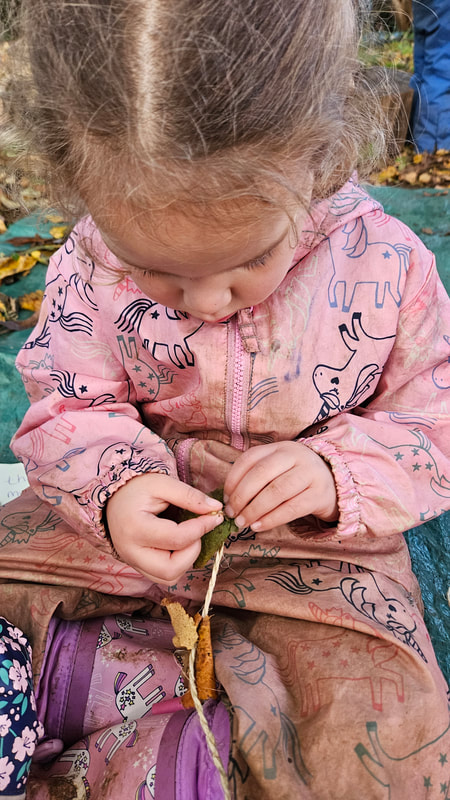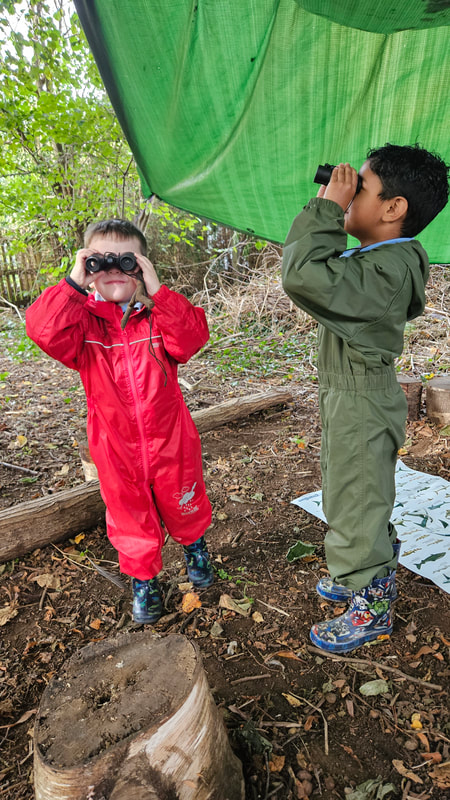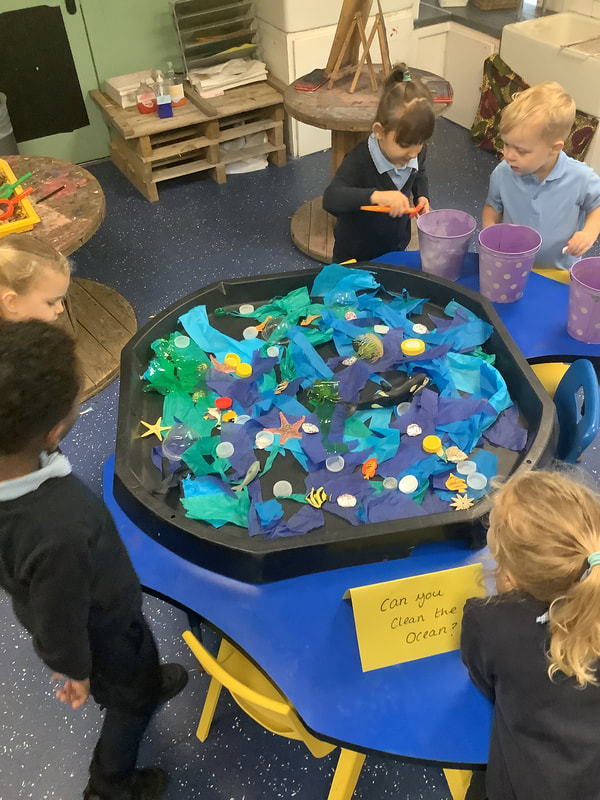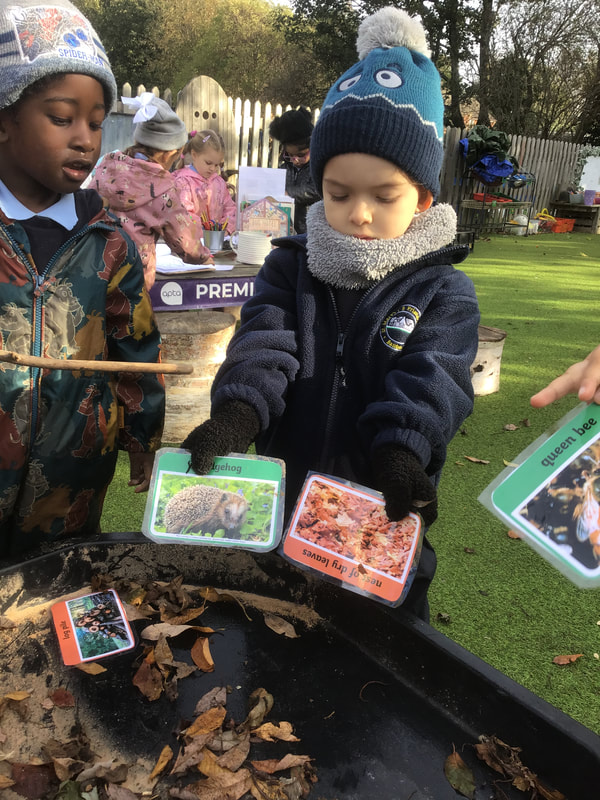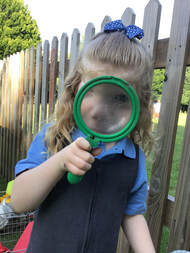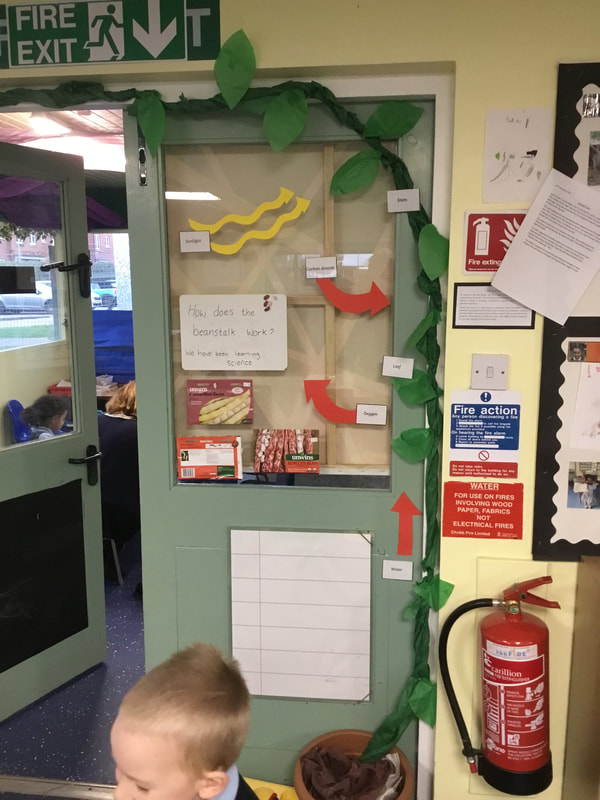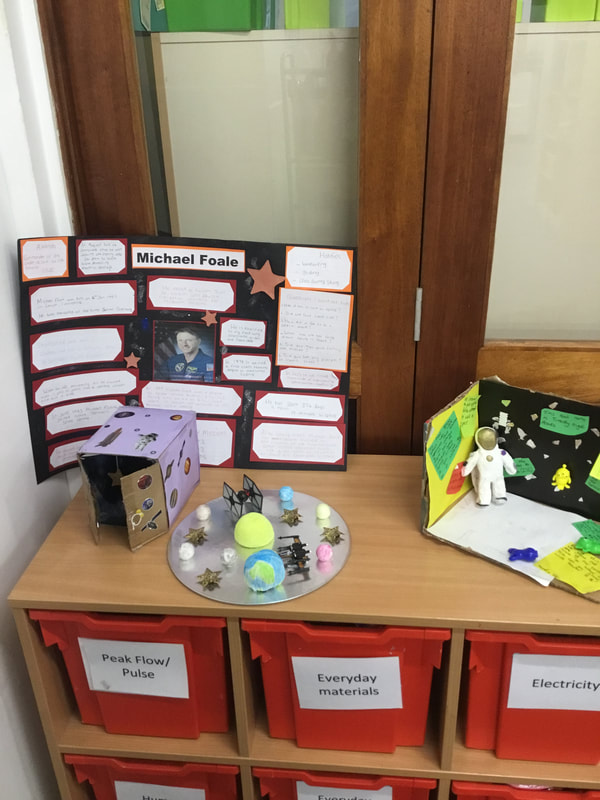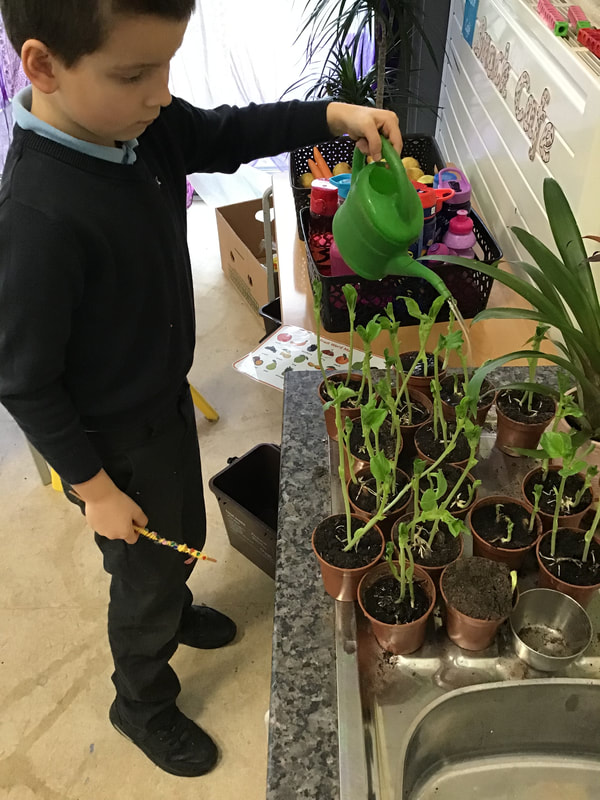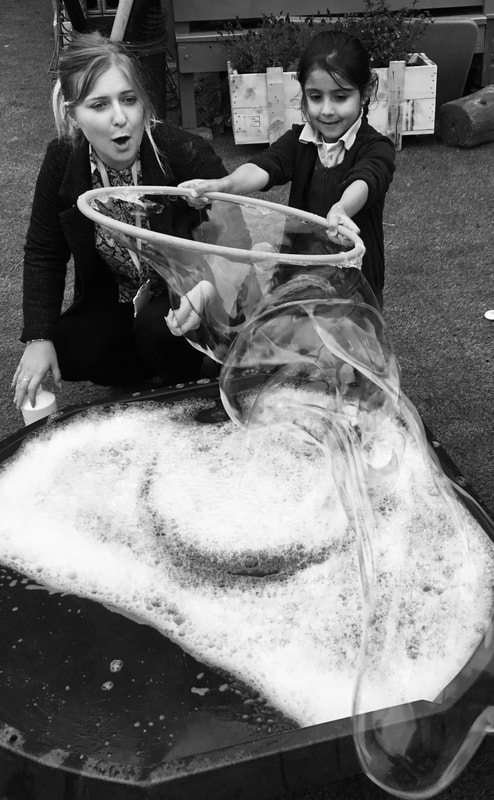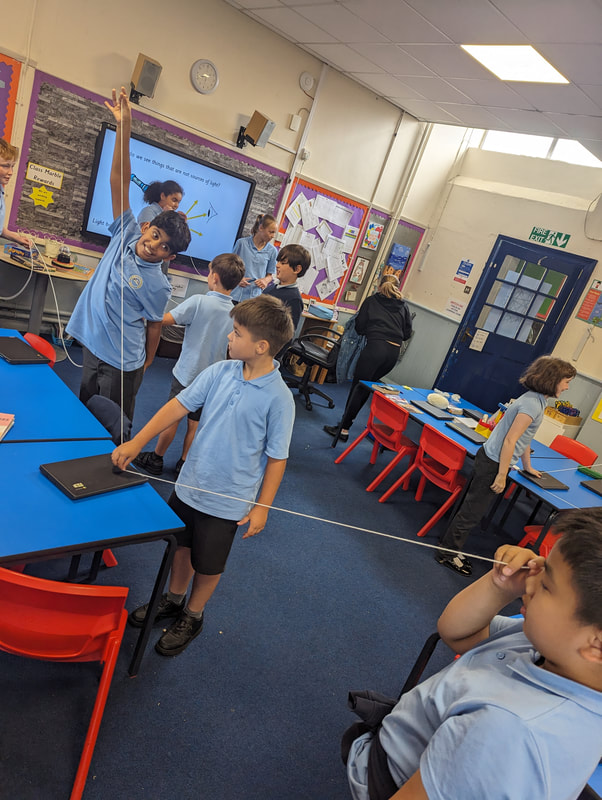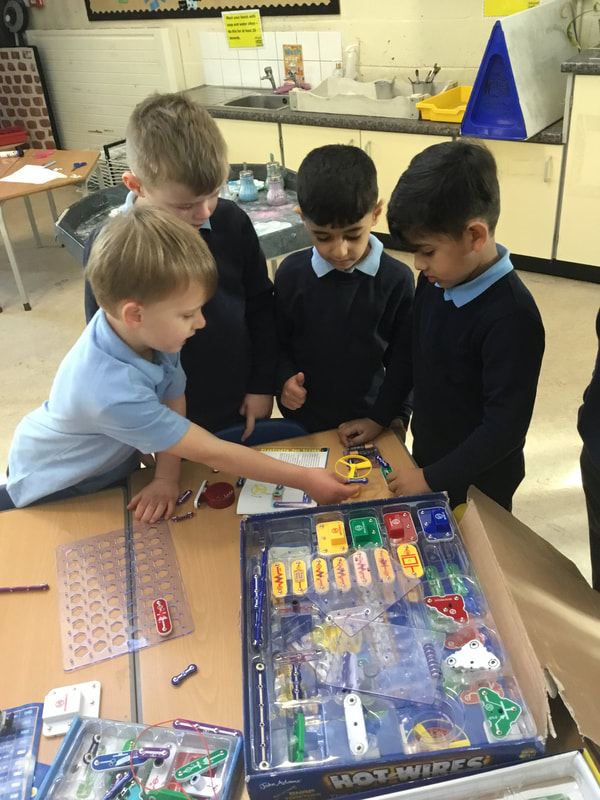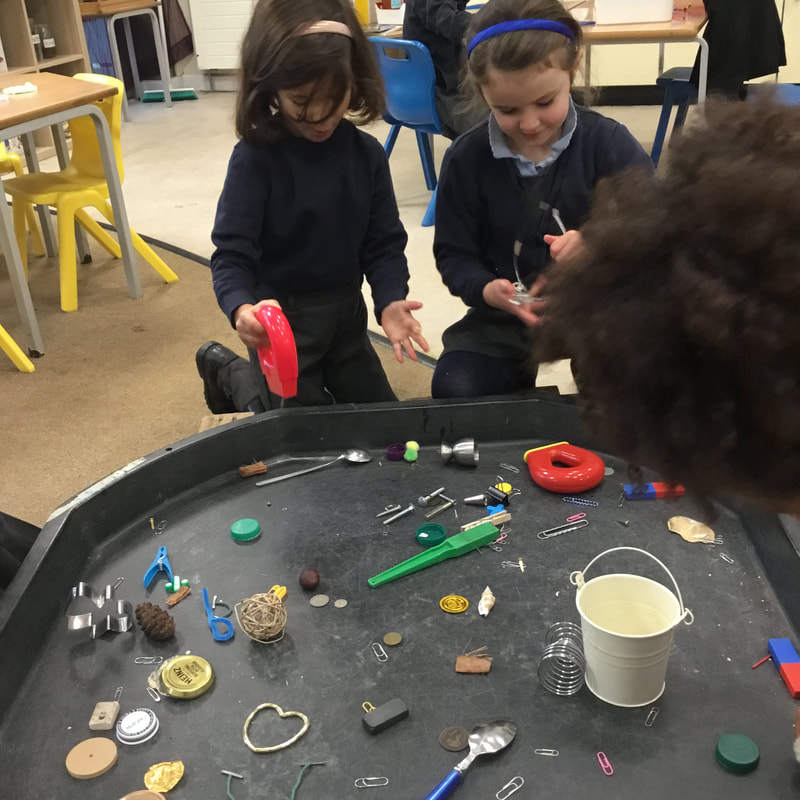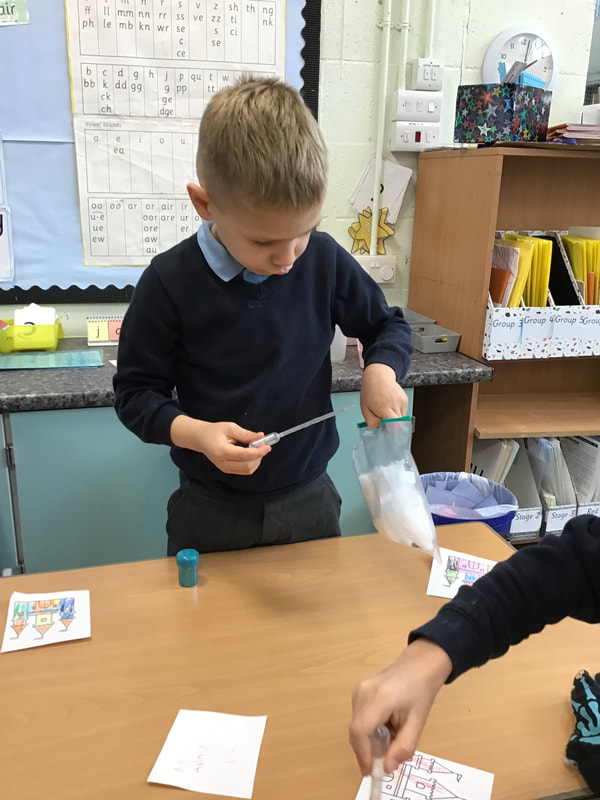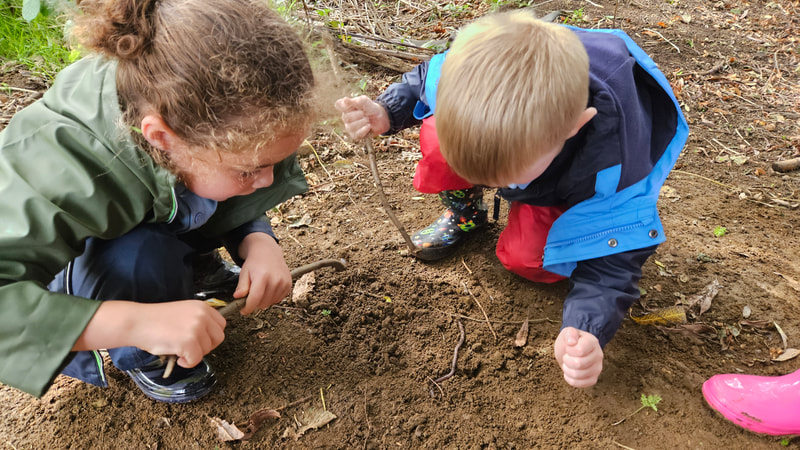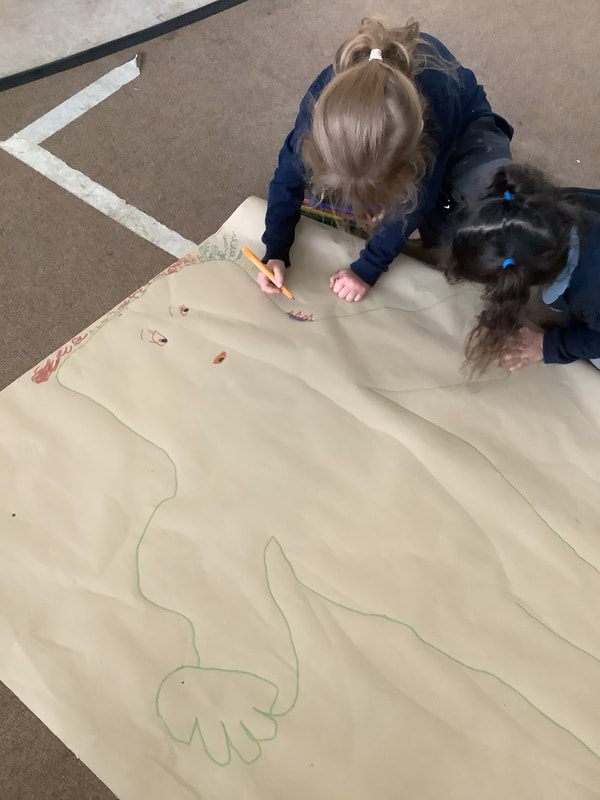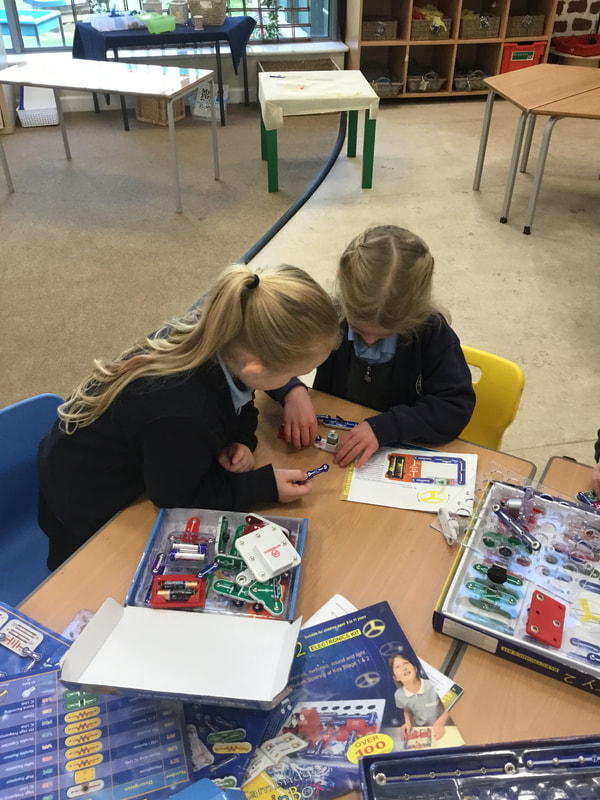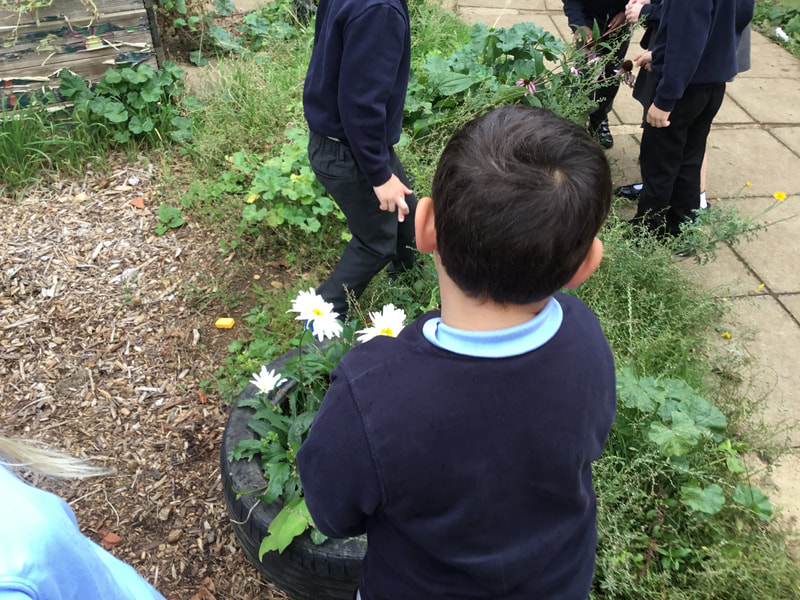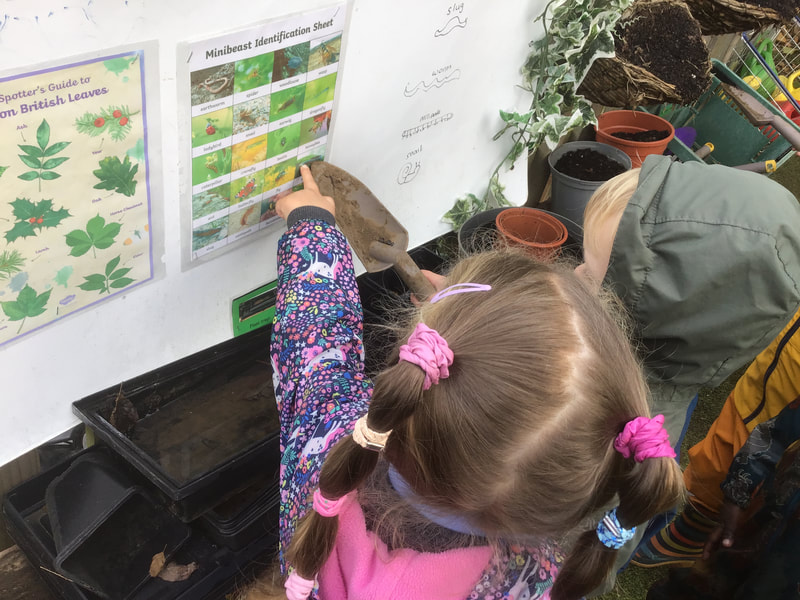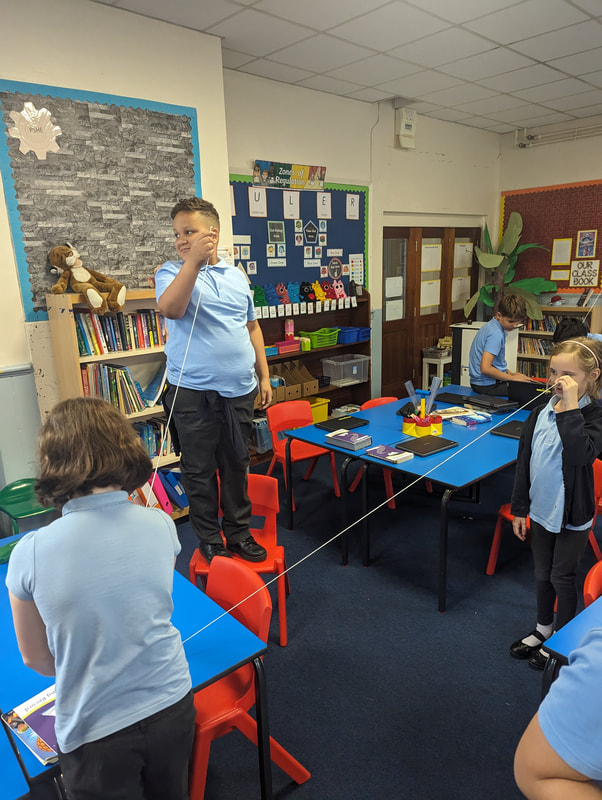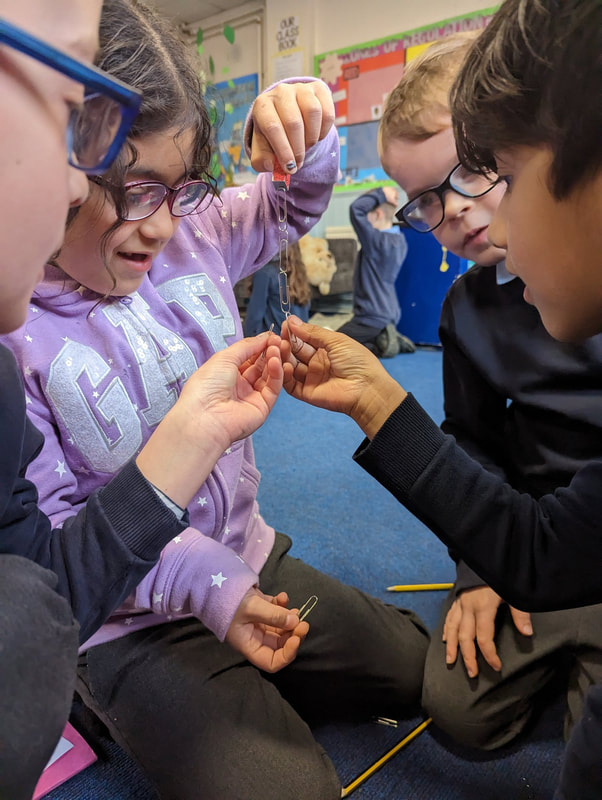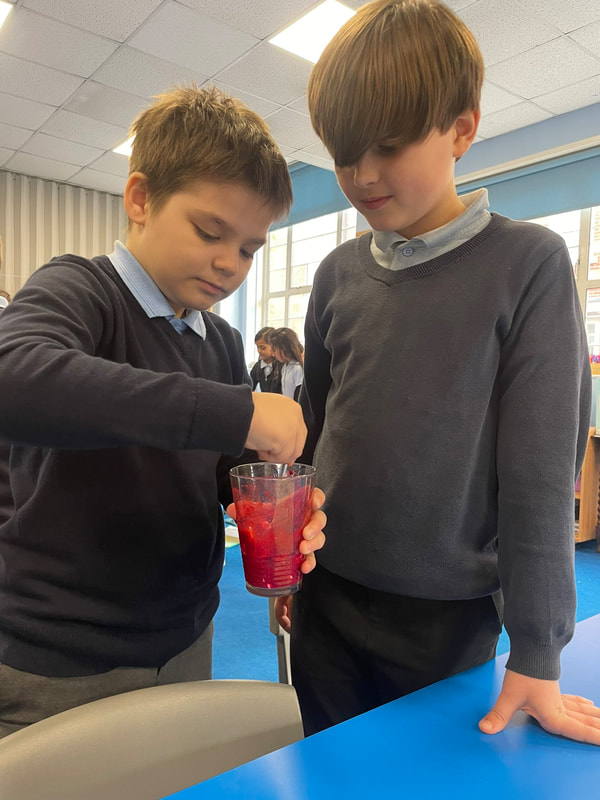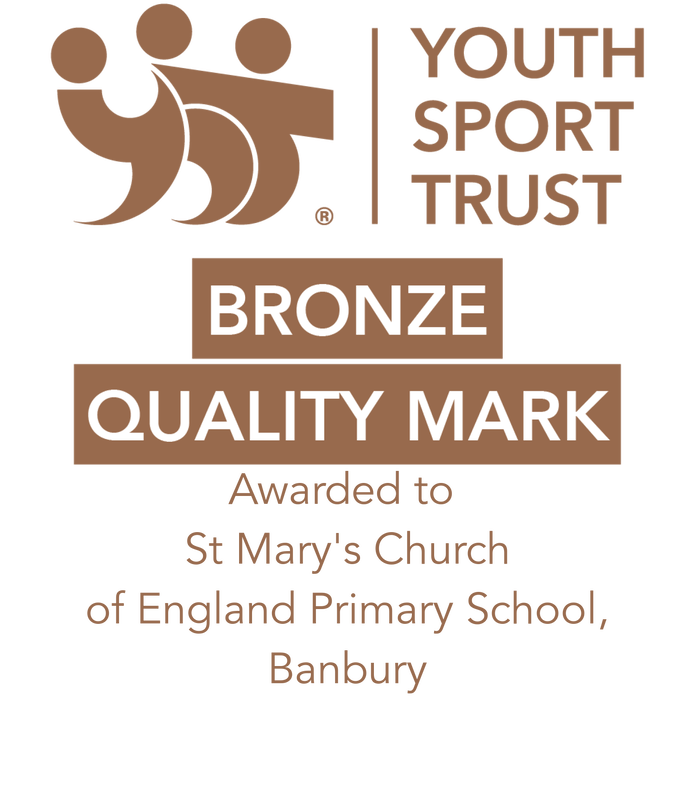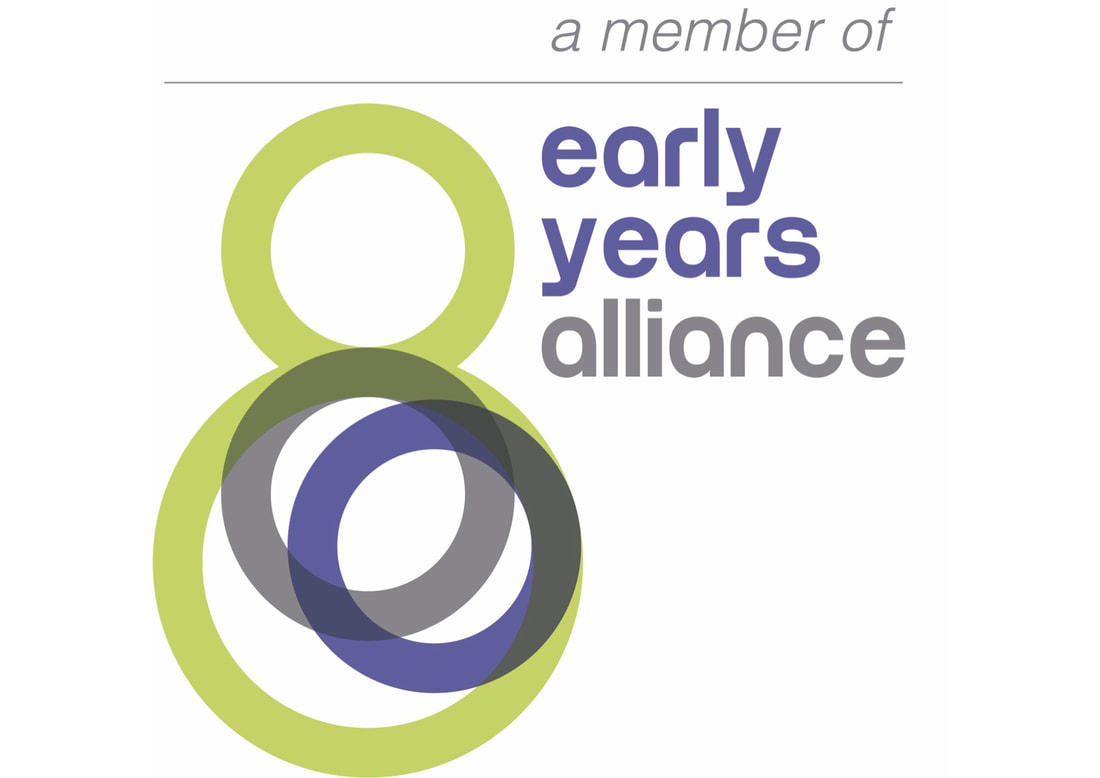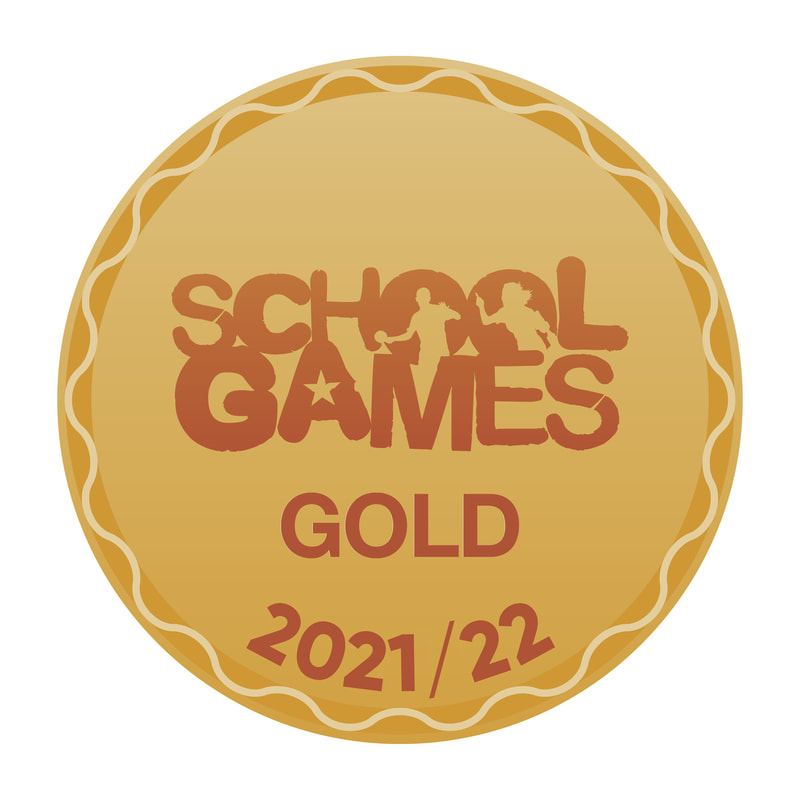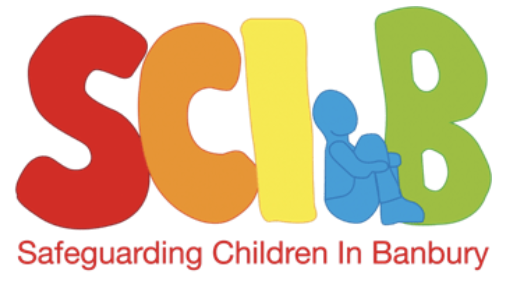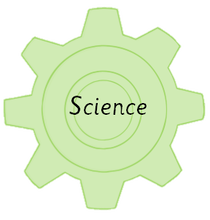
Intent
At St Mary’s our Science curriculum encourages children to be inquisitive throughout their time at school and beyond. Pupils at St Mary’s are given opportunities to observe, wonder, predict and explore cause and effect through everyday life and in science lessons. Through this investigative approach, children are expected to ask and answer questions to develop a body of knowledge which will help them make sense of the world we live in. We want children to experience how science has transformed our lives and know they can, through scientific endeavor, make a contribution to Britain’s future.
St Mary’s uses the national curriculum for science which has the following aims;
Science teaching is organised to build upon knowledge and skills of the previous years. We use the Salters’ Progression of Enquiry Skills document to support planning the enquiry element of science. This approach also allows us to build up concepts and supports our ambition of ‘sticky knowledge’.
In our Foundation Stage continuous provision, adults provide opportunities for children to use all their senses and to look closely to notice similarities, differences and changes within the natural world and their setting. Children are encouraged to comment and ask questions which will build on their understanding of the world they live in. Children will learn and use new science words about things like: plants, animals, seasons and changing materials.
In KS1, children will build on their scientific experience from their Foundation Stage. Children will recognise that questions can be answered in different ways through simple tests, observations and sorting and grouping. There will be opportunities for children to talk about what they have found out using relevant scientific language. Children will develop their skills to gather and record data in different ways.
In LKS2, children will ask their own questions and use different ways to answer them including setting up their own simple test. Children will develop their skills to gather, record and present data in different ways and draw simple conclusions and make predictions.
In UKS2, children will ask questions and plan different types of enquiries to answer their questions, including fair tests where necessary. Children will use different types of scientific equipment to measure with precision, and take repeat readings where appropriate. Children will draw their own conclusions based on their observations and data collected, using evidence and scientific knowledge to explain their findings.
Throughout St Mary’s we place great emphasis on building scientific vocabulary to help children share their knowledge and understanding of their investigative learning.
Assessment
At St Mary’s, we assess children at all stages of the learning process using assessment for learning strategies. Children are given the opportunity to discuss prior knowledge so they can build on this over time. Throughout the learning journey, teachers will make use of observations, questioning and written outcomes to inform next steps in learning and address misconceptions.
Impact
Children will enjoy science and see themselves as scientists. Our curriculum goes beyond imparting facts; it cultivates a sense of wonder, will encourage children to question, investigate and draw connections between scientific principles and their everyday experiences. Through this explorative approach, children will develop a solid foundation in science and be equipped with the tools and skills needed to navigate an increasingly complex and technology-driven world.
At St Mary’s our Science curriculum encourages children to be inquisitive throughout their time at school and beyond. Pupils at St Mary’s are given opportunities to observe, wonder, predict and explore cause and effect through everyday life and in science lessons. Through this investigative approach, children are expected to ask and answer questions to develop a body of knowledge which will help them make sense of the world we live in. We want children to experience how science has transformed our lives and know they can, through scientific endeavor, make a contribution to Britain’s future.
St Mary’s uses the national curriculum for science which has the following aims;
- develop scientific knowledge and conceptual understanding through the specific disciplines of biology, chemistry and physics
- develop understanding of the nature, processes and methods of science through different types of science enquiries that help them to answer scientific questions about the world around them
- are equipped with the scientific knowledge required to understand the uses and implications of science, today and for the future
Science teaching is organised to build upon knowledge and skills of the previous years. We use the Salters’ Progression of Enquiry Skills document to support planning the enquiry element of science. This approach also allows us to build up concepts and supports our ambition of ‘sticky knowledge’.
In our Foundation Stage continuous provision, adults provide opportunities for children to use all their senses and to look closely to notice similarities, differences and changes within the natural world and their setting. Children are encouraged to comment and ask questions which will build on their understanding of the world they live in. Children will learn and use new science words about things like: plants, animals, seasons and changing materials.
In KS1, children will build on their scientific experience from their Foundation Stage. Children will recognise that questions can be answered in different ways through simple tests, observations and sorting and grouping. There will be opportunities for children to talk about what they have found out using relevant scientific language. Children will develop their skills to gather and record data in different ways.
In LKS2, children will ask their own questions and use different ways to answer them including setting up their own simple test. Children will develop their skills to gather, record and present data in different ways and draw simple conclusions and make predictions.
In UKS2, children will ask questions and plan different types of enquiries to answer their questions, including fair tests where necessary. Children will use different types of scientific equipment to measure with precision, and take repeat readings where appropriate. Children will draw their own conclusions based on their observations and data collected, using evidence and scientific knowledge to explain their findings.
Throughout St Mary’s we place great emphasis on building scientific vocabulary to help children share their knowledge and understanding of their investigative learning.
Assessment
At St Mary’s, we assess children at all stages of the learning process using assessment for learning strategies. Children are given the opportunity to discuss prior knowledge so they can build on this over time. Throughout the learning journey, teachers will make use of observations, questioning and written outcomes to inform next steps in learning and address misconceptions.
Impact
Children will enjoy science and see themselves as scientists. Our curriculum goes beyond imparting facts; it cultivates a sense of wonder, will encourage children to question, investigate and draw connections between scientific principles and their everyday experiences. Through this explorative approach, children will develop a solid foundation in science and be equipped with the tools and skills needed to navigate an increasingly complex and technology-driven world.
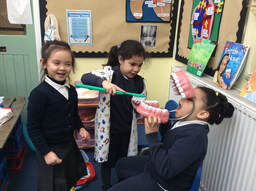
We are in the process of moving to Arbor. You will be able to use the Parent Portal and the App to make payments for trips and events, after school club and school meals.
St. Mary's Church of England (VC) Primary School Southam Road Banbury OX16 2EG
Headteacher: Victoria Woods
Tel/Fax: 01295 263026 Email [email protected]
Headteacher: Victoria Woods
Tel/Fax: 01295 263026 Email [email protected]

